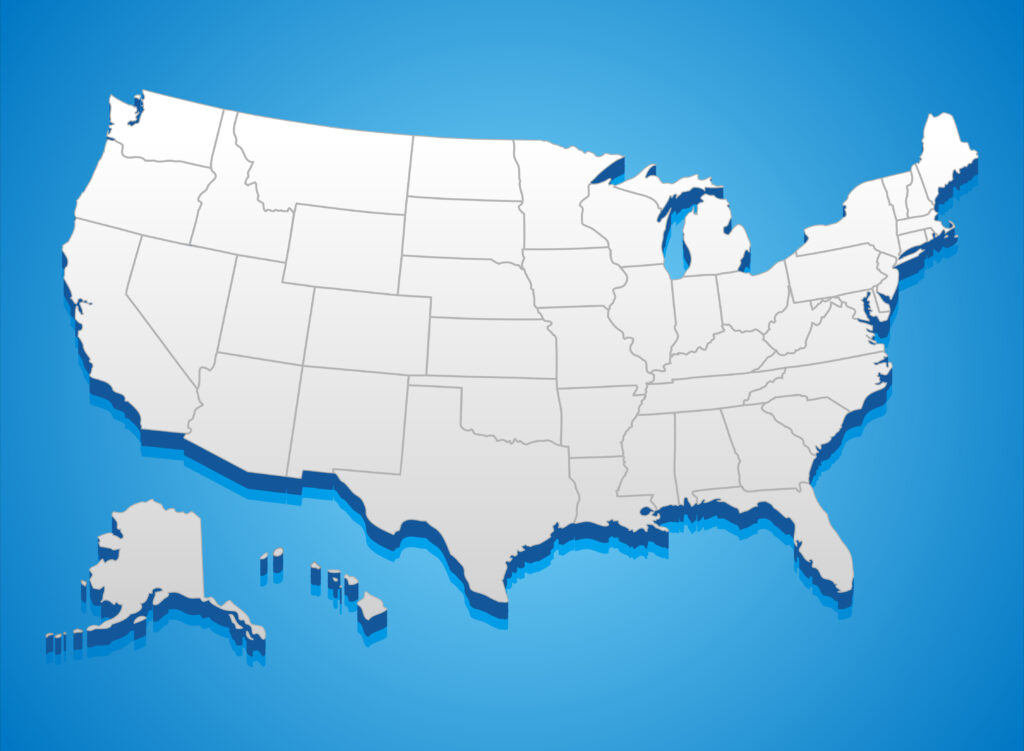Alabama Supreme Court Rules in Support of Unborn Life
Kimberly Stinnett learned from her obstetrician on May 9, 2012, that she was pregnant. Stinnett called her doctor’s answering service just two days later when she experienced fever and abdominal cramps. Karla Kennedy, M.D., called back and told Stinnett to report to the emergency room at a nearby hospital. Kennedy was not Stinnett’s regular obstetrician, but was sharing calls with him that weekend.
Per the court’s opinion handed down on December 30, 2016, Stinnett was admitted to the emergency room and reported that she was about six weeks pregnant, had previously miscarried twice, and had also experienced an ectopic pregnancy. Based on the inconclusive findings of an ultrasound to confirm intrauterine pregnancy, along with Stinnett’s pregnancy history, Kennedy suspected that Stinnett was experiencing an ectopic pregnancy.
Kennedy performed a dilation and curettage procedure and a laparoscopy on Stinnett, which indicated that there was no ectopic pregnancy. Kennedy informed Stinnett that she had likely suffered a miscarriage.
Despite the results of the laparoscopy, Kennedy still did not rule out the possibility of an ectopic pregnancy, and on May 13 she prescribed methotrexate—a drug used to end ectopic pregnancies—for Stinnett.
Stinnett’s regular obstetrician returned to the hospital on Monday, May 14, and determined via ultrasound that Stinnett had a failing intrauterine pregnancy, not an ectopic pregnancy. Her doctor surmised that the methotrexate administered to her by Kennedy could be contributing to her pregnancy’s failure. On June 8, Stinnett miscarried.
Stinnett filed a lawsuit against Kennedy in Jefferson County Circuit Court on November 29, 2012, arguing in part that Kennedy was guilty of negligence for prescribing methotrexate and performing the dilation and curettage given the lack of indication of an ectopic pregnancy. Stinnett charged that Kennedy was culpable for bringing about the wrongful death of her unborn child.
The circuit court dismissed Stinnett’s wrongful death claim on April 15, 2016, but on December 30, the state’s supreme court reversed that decision, holding that Stinnett does have cause to assert a wrongful death claim against Kennedy and remanding the case back to the lower court.
Alabama’s wrongful death statutes declare that a person who causes the death of an individual by a “wrongful act, omission, or negligence” is liable to legal action by representatives of the deceased individual for recovery of damages. The state’s homicide statutes include a definition of “person” that, since 2006, includes “an unborn child in utero at any stage of development, regardless of viability.”
In 2011, the Alabama Supreme Court held in Mack v. Carmack that the state’s Wrongful Death Act permits a cause of action for the death of a pre-viable unborn child. At the time of that decision, six other jurisdictions explicitly allowed for wrongful-death lawsuits when the unborn child died before reaching viability: Illinois, Louisiana, Missouri, Oklahoma, South Dakota, and West Virginia.

The court’s central argument for including pre-viable unborn children in the category of persons for purposes of wrongful-death law is that, as amended, Alabama’s homicide law allows for criminal punishment for killing the unborn child before viability.
The court noted that it would be incongruous and unfair for an individual to be “subject to criminal punishment, but not civil liability, for fetal homicide.” On the other hand, the court held, “it simply does not follow that a person not subject to criminal punishment under the Homicide Act should not face tort liability under the Wrongful Death Act.” Therefore, Kennedy, while not under threat of criminal punishment for homicide, should be liable for a civil trial to investigate her potential guilt for wrongful death.
Stinnett’s medical expert testified in the case that since the laparoscopic exam Kennedy performed on Stinnett showed that there was no ectopic pregnancy, the appropriate course of care for Kennedy would have been to “let nature take its course.” This, along with evidence that Kennedy’s administration of methotrexate to Stinnett was intended to end Stinnett’s pregnancy, led the state supreme court to remand the case to the lower court for trial to determine Kennedy’s culpability for wrongfully bringing about the death of Stinnett’s unborn child.
In a concurring opinion, Justice Tom Parker wrote, “Today, this Court again reaffirms the principle that unborn children are protected by Alabama’s wrongful-death statute from the moment life begins at conception.”
While the court’s decision does not decide in favor of Stinnett on the merits, it does serve to highlight existing tensions in American law with respect to the status of the unborn child.
For example, 38 states and federal law currently recognize the unborn as persons in what are known as feticide prohibitions. Outside of the abortion context, any individual who takes the life of an unborn child can be prosecuted for homicide.
Courts cannot long avoid the inconsistencies that arise when the unborn are treated as non-persons when it comes to abortion but are treated as persons entitled to equal protection of the laws in other contexts.
Tim Bradley is a research associate at the Charlotte Lozier Institute.




























